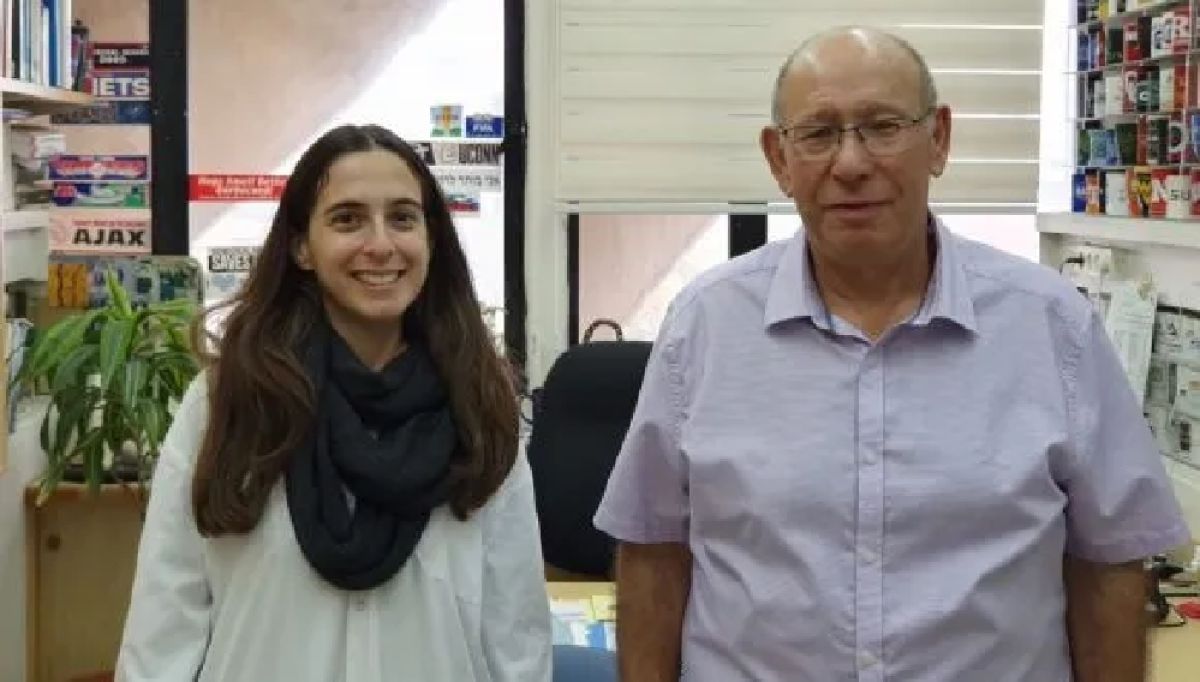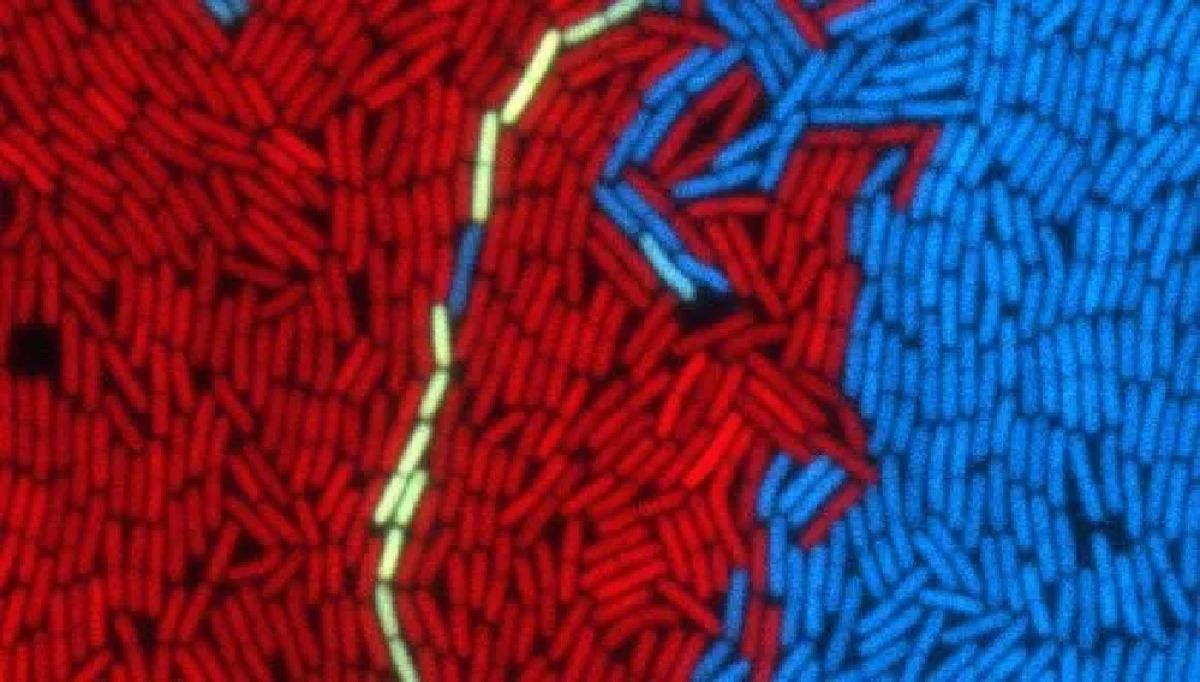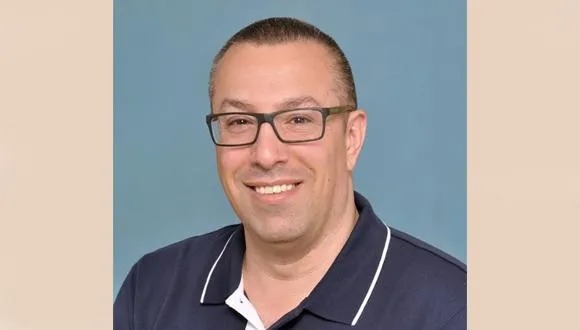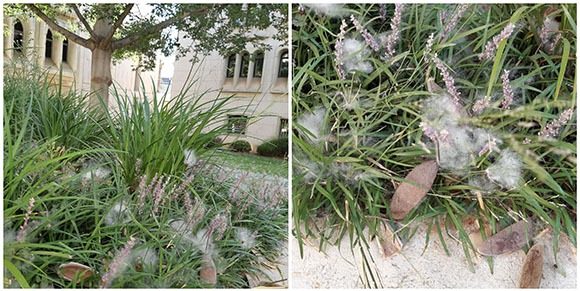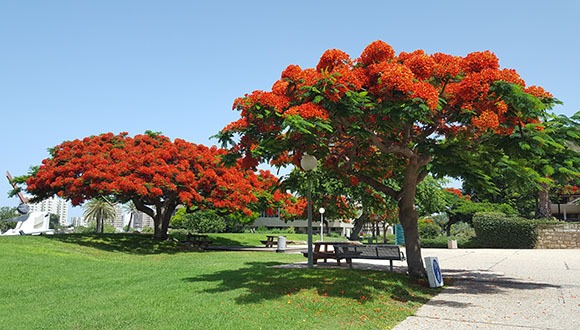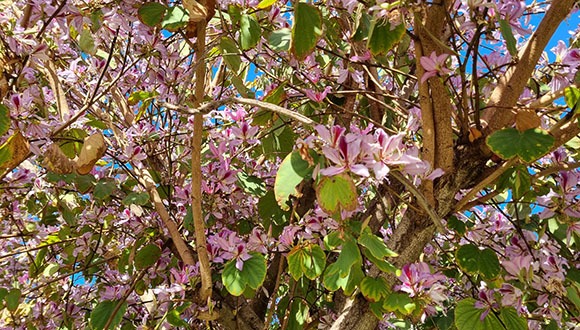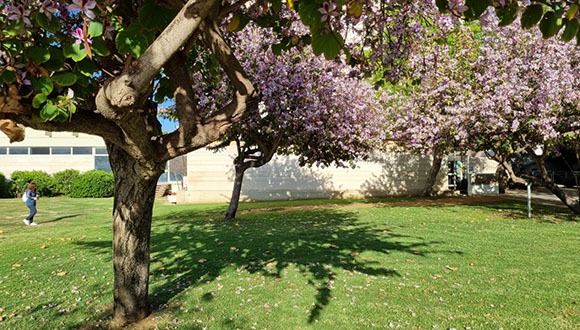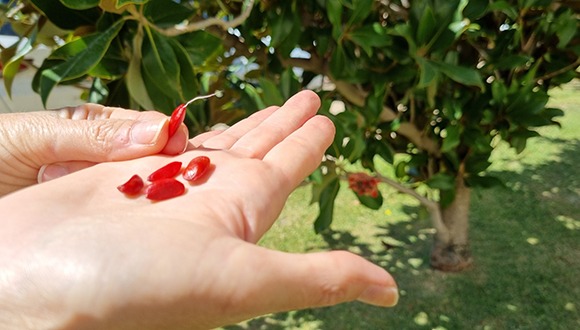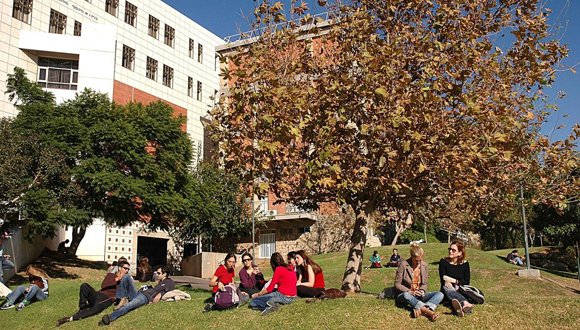Tea – the ancient beverage comes in different flavors and colors. The Queen of England will never go without her afternoon tea, in India it’s enjoyed with milk and spices and we all like to pour ourselves an occasional cup of Earl Grey, especially when winter comes knocking. But have you ever wondered whether the saying “all the tea in China” really does indicate where tea drinking started? Or if the soothing drink may be affected by the climate crisis? Should we, in fact, be drinking it? We have, and our researchers explained, surprised us and busted some myths in the process.
When the Chinese Mystics Met the Tea Plant
We’re not going to keep you in suspense: It turns out that the coveted drink was sipped by the Indian Buddhist monks two thousand years ago – long before it became an integral part of Chinese culture and a long, long time before it became popular in Western cultures.
“The tea plant was known in China as early as the first centuries BCE, but recent studies show that the custom of drinking tea was brought to China from India,” explains Prof. Meir Shahar from The Department of East Asian Studies of The Lester and Sally Entin Faculty of Humanities at Tel Aviv University, who researches, among other things, the influence of Indian culture on Chinese religion and literature.
“In the first centuries CE Buddhism came to China from India and the Buddhist monks, who wanted to stay awake during the meditation, used to drink tea. The Chinese monks would observe this, and went on to adopt the custom as well, which then continued to spread to the rest of the Chinese population.”
While tea originates from India, the origin of the word ‘tea’ in most of the world’s languages, however, is Chinese. “In northern China it is called cha, hence the Russian chai, and in southern China it is pronounced as tcha, which is the origin of the English word tea,” reveals Prof. Shahar.

Buddhist monks on their tea break
What’s in Your Cuppa?
Buddhist monks realized long ago that tea keeps them awake and today, thanks to science, we are able to explain how the active ingredients of the plant affect us.
“Contrary to many people’s beliefs, all types of tea are produced from the same plant, namely the leaves and buds of the Camellia Sinensis plant. While there are several varieties of the plant, the types of tea that we are familiar with – white, green, oolong and black – differ according to the part of the plant from which they are produced and the way they’re processed. Green tea, for example, contains less caffeine than black tea. The leaves used to produce green tea undergo a minimal drying process while the leaves intended for black tea undergo drying and fermentation,” explains Guy Shalmon, a sports nutritionist and exercise physiologist at the Sylvan Adams Sports Institute.
“Tea leaves contain substances known as flavonoids. Their composition, however, varies from one tea to another. For example, green tea has a higher concentration of a substance called epigallocatechin 3-gallate, known for short as ‘EGCG’, than black tea which undergoes a prolonged processing process. It has antioxidant activity and is attributed various health effects,” says Guy.
“Having said that, tea may reduce the absorption of iron-derived iron minerals. The polyphenols (compounds with antioxidant properties), which exist in tea leaves, may bind inorganic iron mineral before it is excreted in the feces. In order to prevent this, one does not need to give up drinking tea, but instead make sure not to drink it while consuming iron-rich plant foods,” he advises.
Will Tea Survive the Climate Crisis?
The climate crisis brings with it many changes and different regions of the world are experiencing major climate fluctuations, ranging from heat and droughts to floods, storms and extreme cold. This could threaten the continued survival of agricultural crops. Some plants have crossed oceans and been absorbed by other continents, but what about those that require special conditions to thrive? Will the tea plant survive the changing conditions?
“A plant can adapt to new conditions up to a certain limit,” says Prof. Shaul Yalovsky of the School of Plant Sciences and Food Security at The George S. Wise Faculty of Life Sciences, who studies plant development mechanisms and their response to environmental stresses. His lab has succeeded in developing tomato varieties that consume less water and still deliver the same amounts of fruit while maintaining its quality.
“Tea is a crop that grows in very rainy areas. Therefore, it is not cultivated in an area like Israel, for example. Tea plantations are usually located on hills, where the weather is humid and cool to the appropriate extent and the soil is deep enough.”

The tea fields stretching over hills and mountains. Tea harvest in action
Disguised as Tea
Did you know that red “tea” (also known as “red bush tea”) is actually an infusion from the Rooibos plant that grows in South Africa? Because it is processed in the same way as the tea plant, it is commonly referred to as “red tea”, while in reality it is not a tea, but an herbal infusion. It is naturally caffeine-free.
Just like many other plants, tea requires specific conditions to grow: deep and airy soil rich in minerals, and an optimal temperature range between 18 and 20 degrees Celsius. “Tea is sensitive to cold, dryness, humidity and lighting conditions. For example, high humidity impairs the quality of the tea while periods of dryness increase its quality, and growing at high altitudes increases the quality of the tea but lowers the amount of crop,” explains Prof. Yalovsky.
The tea is grown in Asia, Africa and South America. The six largest tea producers in the world are China, India, Kenya, Sri Lanka, Vietnam and Turkey. So what happens if growing conditions in East and Southeast Asia change? Prof. Yalovsky explains that it is necessary to adapt the types of tea plants according to their growing areas. “What works at one location does not necessarily work elsewhere: what grows well in East and Southeast Asia will not necessarily grow well in Kenya or Turkey, for example. Even if we should manage to copy a crop from one place to another, we may not succeed in maintaining its qualities and taste.”
When we drink Earl Grey tea we expect a very specific taste, and if the same tree were to be grown elsewhere – where the temperature may be the same as the original habitat but the soil is not – we would likely notice a change in the taste of the product. This is possibly one of the reasons why drinking Japanese green tea differs in taste from Chinese green tea.
With regard to the future of the in-demand beverage, Prof. Yalovsky says: “Even if the regions of the cultivated areas should experience floods – the tea plantations are positioned on the slopes of hills and mountains so it should not become an issue.” Another good news is that unlike many crops that depend on pollination to develop fruit – the tea plant is less reliant on this. “In the production of tea, we use its leaves and not its flowers or fruits and so it can be propagated by pruning (cutting a branch from a mature plant, a so-called ‘mother plant’, and creating a new plant through rooting). This method also ensures the genetic uniformity of the ‘daughter plants’, with everything that implies,” he concludes.
We made sure to ask Guy Shalmon which type of tea (if any) he recommends that our students drink during the exam period, to which he replied: “Actually, I wouldn’t say there’s any unique advantage or need to drink tea during an exam period. I’d say drink the kind of tea that you fancy and, ideally, try to rotate different types of tea. If the need for caffeine is the main consideration, black tea is the best choice, as it has the highest caffeine concentration. Black tea contains approx. 60-40 mg of caffeine per cup, while green tea contains only 20-15 mg.”
Well, who needs the exams as an excuse, anyway? If you’re like us, we suggest you pour yourself a cuppa on any day of the week – no special occasion required – and enjoy a peaceful break from everything and everyone.

